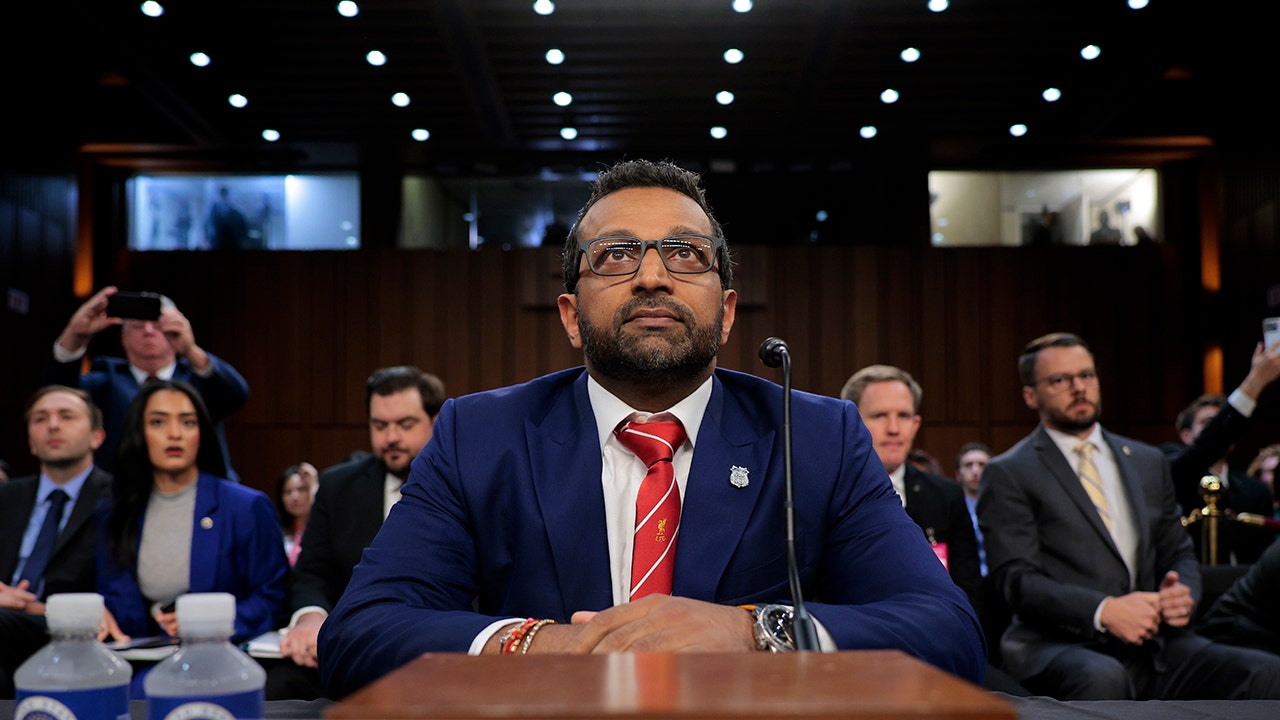Herpes has been called “the gift that keeps on giving” — finally, its presence has come in handy.
Roughly two-thirds of the global population has been infected with herpes simplex virus type 1 (HSV-1), which typically causes painful and unsightly blisters around the mouth.
University of Southern California researchers have found a way to rebrand this oft-embarrassing sore subject by genetically modifying HSV-1 and administering it to patients with treatment-resistant, advanced skin cancer along with an anti-cancer medication.
In a recent clinical trial, this one-two punch shrank tumors by at least 30% in around one-third of the 140 participants. Nearly one in six saw their tumors completely disappear.
“These findings are very encouraging because melanoma is the fifth most common cancer for adults, and about half of all advanced melanoma cases cannot be managed with currently available immunotherapy treatments,” said Dr. Gino Kim In, a medical oncologist with Keck Medicine of USC.
Advanced melanoma means the skin cancer has spread from its initial location to other parts of the body, such as lymph nodes, the liver or the brain.
Immunotherapy to help the immune system attack cancer cells, targeted therapy and radiation therapy are common treatment options.
“The survival rate of untreatable advanced melanoma is only a few years, so this new therapy offers hope to patients who may have run out of options to fight the cancer,” In said.
In January, the Food and Drug Administration granted priority review to RP1 (the genetically modified HSV-1) with the anti-cancer medication nivolumab (marketed as Opdivo) for advanced melanoma patients whose cancer had not responded to immunotherapy.
Nivolumab blocks a key protein that cancer cells use to evade the immune system, paving the way for the immune system to recognize and attack these cells.
The idea is that nivolumab would enhance the effects of RP1, which targets, infects and replicates in tumor cells to destroy them — while sparing healthy tissue.
In told The Post that RP1 was developed by knocking out specific genes in HSV-1 so that it no longer causes cold sores.
“Additional genetic modifications were made to the virus to stimulate the immune system to better fight the cancer and to help the virus more efficiently interact with and kill tumor cells,” In said.
In the USC trial, researchers injected RP1 into superficial tumors on or near the skin’s surface and into tumors deeper in the body, like in the liver or lungs.
The combination therapy was administered every two weeks for up to eight cycles.
Afterwards, the patients who started to see results took just nivolumab every four weeks for up to two years.
Researchers were stunned to notice a difference in the size of the treated and untreated tumors. The untouched tumors shrank or disappeared as often as the injected ones.
“This result suggests that RPI is effective in targeting cancer throughout the entire body and not just the injected tumor,” said In, “which expands the potential effectiveness of the drug because some tumors may be more difficult or impossible to reach.”
RP1 was reported to be well-tolerated among the participants.
Results from the trial were published Tuesday in the Journal of Clinical Oncology and recently presented at the American Society of Clinical Oncology annual meeting.
In and his team launched a phase 3 trial to study the effects of this treatment in over 400 cancer patients.
People interested in participating in the trial, sponsored by RP1 manufacturer Replimune, should contact Sandy Tran at [email protected].
Read the full article here















